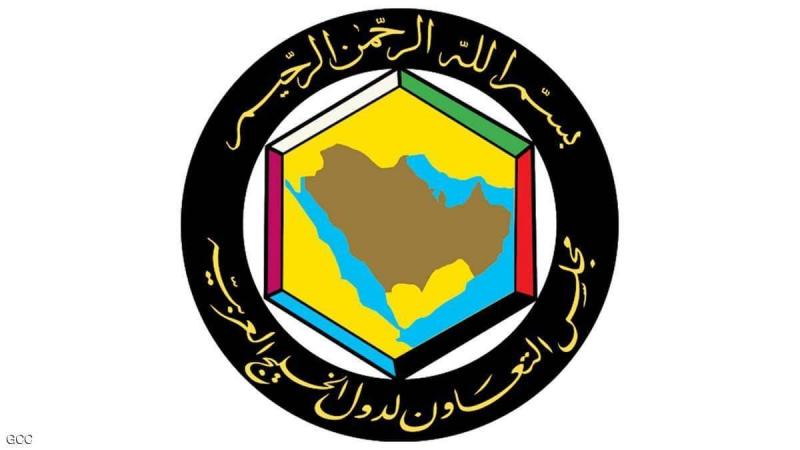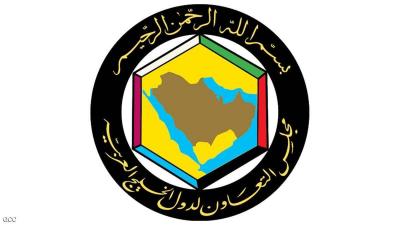On Wednesday, the Gulf Arab states stated that there is a danger in separating the nuclear agreement from Iran's missile program and Tehran's "destabilizing" behavior, calling once again for their involvement in the talks. Global powers and Iran entered a sixth round of negotiations in Vienna on Saturday to revive the 2015 nuclear agreement, which Saudi Arabia and its allies opposed because it does not alleviate their concerns. The United States withdrew from the agreement in 2018. Tehran opposes any attempt to add other issues to the agreement under which it accepted limiting its nuclear program in exchange for lifting international sanctions. U.S. President Joe Biden seeks to revive the agreement that his predecessor, Donald Trump, abandoned.
The foreign ministers of the Gulf Arab states urged global powers to reach an agreement with stricter and longer-lasting restrictions and to "link it to practical confidence-building measures" to prevent an arms race and further conflicts in the region. In a statement issued after a meeting in Riyadh, the ministers emphasized that Gulf Arab states must be involved in global negotiations with Tehran and that they are prepared "to cooperate and engage seriously and effectively with the Iranian nuclear file... within the framework of respecting sovereignty and good neighborly policies."
The statement highlighted the "danger of separating the repercussions of the nuclear agreement with Iran" from Iran's missile program and its support for regional proxies, urging Tehran to engage seriously in negotiations and to avoid escalation. Saudi Arabia and Iran, which severed ties in 2016, began direct talks in Iraq in April to contain tensions. The two countries are in competition, the effects of which are evident throughout the region, including Yemen, where a Saudi-led military coalition has been fighting the Iran-aligned Houthi group for over six years.




